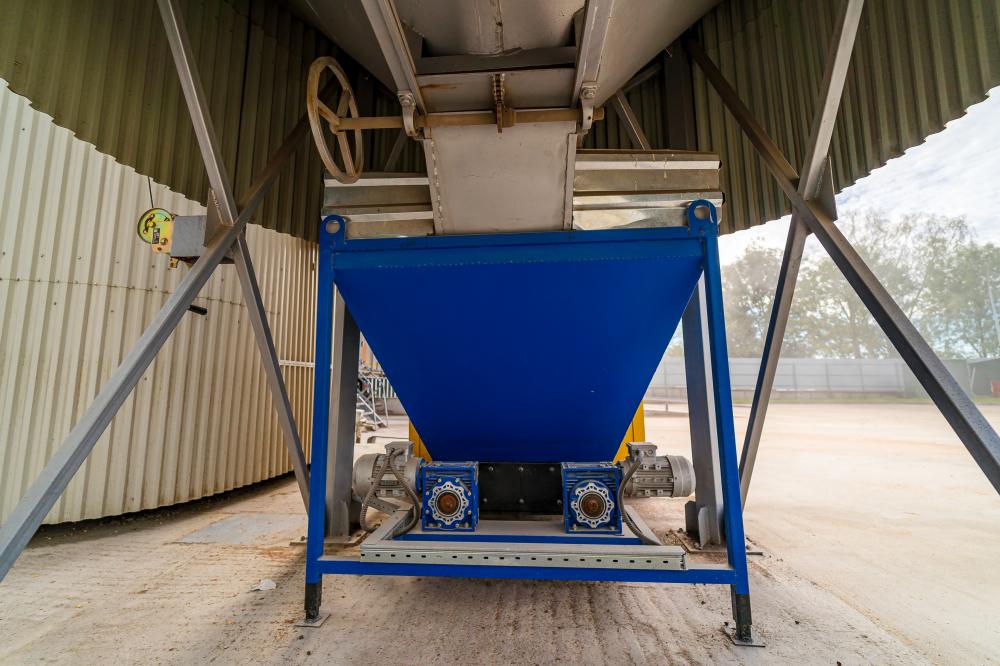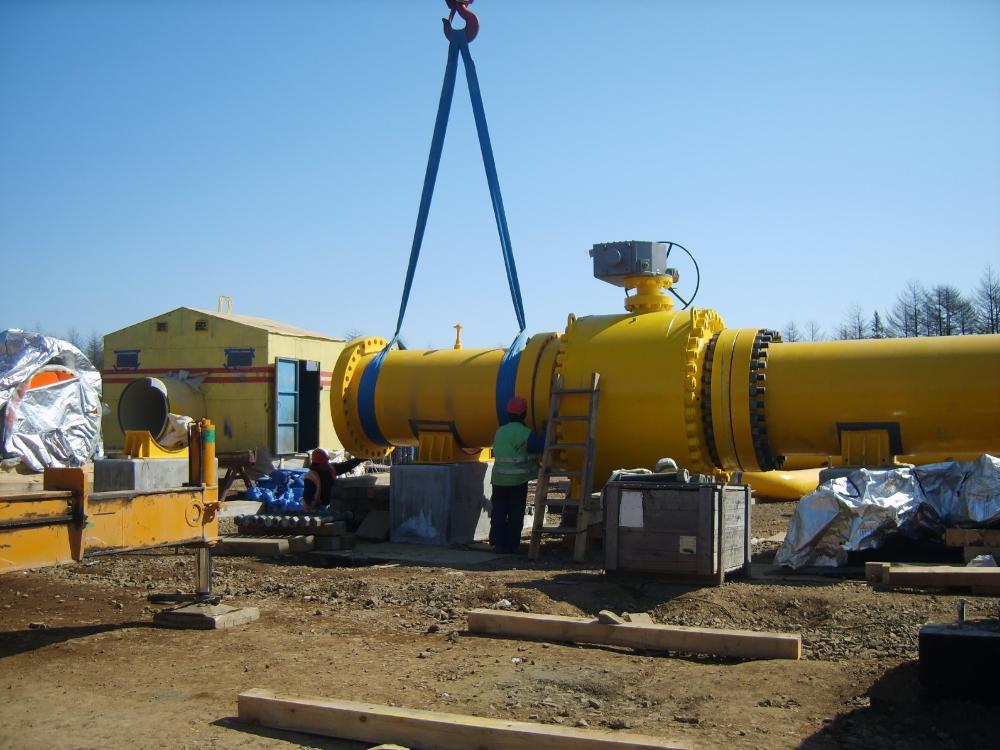Why Choose Our Rotary Dryers Manufacturers?
Choosing the right rotary dryers manufacturer is essential for the success of your project. Whether you are in the lumber, food, grain, or chemical industries, the quality of your drying equipment directly impacts your product quality and operational efficiency. Rotary dryers manufacturers, like Player Design Inc. (PDI), stand out in the biomass and renewable energy market for their commitment to delivering high-performing, environmentally compliant industrial dryers. With a focus on sustainable solutions, these manufacturers design equipment that not only meets but often exceeds industry standards.
The decision to partner with a specialized manufacturer brings with it the benefits of advanced engineering techniques and patented technologies. This approach ensures that your drying solutions are not only effective but also tailored to your specific needs. The expertise and experience these manufacturers bring can significantly reduce project risks, ensuring a smoother, more predictable process.
Custom-Engineered Solutions
Benefits of Customization
- Drying equipment tailored to specific material and process requirements
- Improved operational efficiency and product quality
- Environmentally friendly solutions that meet stringent guidelines
Manufacturers like PDI pride themselves on their ability to engineer drying systems that are optimally suited to the unique needs of their clients. This custom approach not only ensures the highest levels of operational efficiency but also helps in maintaining product quality. By employing reverse engineering practices, these manufacturers can provide solutions that are both economically and environmentally beneficial.
Custom-engineered solutions bring your project the advantage of specialized equipment designed to handle the specific challenges of your material and process. This attention to detail translates into higher efficiency, better product quality, and a reduced environmental footprint.
Sustainable and Efficient Technology
Advantages of Eco-Friendly Design
Embracing clean technology is at the heart of what manufacturers like PDI do. The move towards sustainability is no longer just about compliance; it’s about setting new standards in efficiency and environmental stewardship. By prioritizing advanced engineering techniques and the latest in eco-efficient solutions, these manufacturers are helping to lead the industry towards a greener future.
Sustainable technology in rotary dryers not only covers the efficiency of the drying process but also includes the materials used in the construction of the equipment, the type of energy consumed, and the management of emissions. This holistic approach ensures that environmental impact is minimized without sacrificing performance.
Innovative solutions like steam exploded wood pellets facilities highlight the potential for breakthroughs in biomass material processing, offering enhanced output performance while keeping sustainability at the forefront.
Unmatched Professional Experience
The Value of Experience
There’s a significant advantage in partnering with a manufacturer that has a deep and broad experience across various industries. This experience translates into a profound understanding of the challenges and opportunities within different sectors, allowing for the development of highly effective solutions. The professional journey of a manufacturer in the field of rotary dryers is reflected in the reliability and performance of their equipment.
Personal Insights
From my experience, working with a manufacturer like PDI that offers a full range of services, from concept through completion, adds an invaluable layer of confidence to any project. Their ability to solve complex manufacturing problems with innovative solutions has consistently impressed me. Their team’s dedication and expertise are evident in every aspect of their work, from project management to the final execution.
Patented Technologies and Innovation
The use of patented technology is a game-changer in the rotary dryers industry. These innovations can significantly enhance the efficiency and effectiveness of drying processes, offering unique solutions that are not available elsewhere. Manufacturers that invest in research and development to improve their offerings demonstrate a commitment to leading the industry forward.
The integration of advanced controls, like those developed by Rockwell Automation, into the equipment and process systems is a testament to this commitment. This unique combination of cutting-edge controls and software, backed by extensive practical experience, ensures that projects benefit from the latest advancements in process design and enhancements.
Global Service and Support
After-sales service is crucial for the long-term success and reliability of any industrial equipment. Manufacturers that offer comprehensive service and maintenance packages provide their clients with peace of mind. The ability to access expert support, regardless of your location, ensures that any issues can be promptly and effectively resolved, minimizing downtime and protecting your investment.
With offices located strategically, manufacturers like PDI are positioned to provide exceptional service to their clients worldwide. This global support network is an essential component of their offering, reflecting a commitment to customer satisfaction and operational excellence.

What are the disadvantages of a rotary dryer?
While rotary dryers are highly efficient and versatile for drying a wide range of materials, they do come with certain drawbacks. The initial investment can be substantially higher compared to other drying technologies. This is due to the complexity and size of the equipment. Furthermore, operational costs can be elevated, especially in terms of energy consumption and maintenance needs. Rotary dryers also require a significant amount of space, which can be a limitation in facilities with restricted areas. Additionally, handling very fine materials can sometimes pose challenges in terms of feed uniformity and material losses during processing. However, it’s worth mentioning that manufacturers like Player Design Inc. consistently work on innovative solutions to mitigate these disadvantages, focusing on enhancing energy efficiency and tailoring designs to suit specific project requirements.
What is the difference between a rotary kiln and a rotary dryer?
The main difference between a rotary kiln and a rotary dryer lies in their intended function. A rotary kiln is used primarily for high-temperature processes such as calcining, sintering, and pyrolyzing materials, making it a critical component in industries like cement production and ore processing. On the other hand, a rotary dryer removes moisture from materials through direct or indirect heating methods, making it indispensable in industries requiring the drying of bulk solids like grains, chemicals, and wood chips. The construction and operational parameters of each are specifically tailored to their functions, with kilns operating at much higher temperatures and often being lined with refractory materials to withstand these conditions. Player Design Inc., for example, leverages its expertise in both areas to offer custom-engineered solutions that precisely meet the thermal processing requirements of its clients.
What is the other name of rotary dryer?
Rotary dryers are often referred to as “rotary drum dryers” in various industries. This alternative name emphasizes the equipment’s design, which typically features a rotating cylindrical drum. The drum is inclined slightly to allow the material to move from the higher end to the lower end under gravity’s influence, while hot gases pass in the opposite direction, facilitating the drying process. The term ‘drum dryer’ is also sometimes used interchangeably, although it can be considered a broader category that includes both rotary and other types of drum dryers.
What is the difference between a rotary dryer and a spray dryer?
Rotary dryers and spray dryers differ significantly in their method of moisture removal and applications. A rotary dryer, which consists of a rotating drum, allows indirect or direct contact with a hot gas to dry the material inside the drum. It’s ideal for handling large volumes of materials that have particle sizes that are relatively large or irregular. Conversely, a spray dryer transforms a liquid feedstock into a powder by atomizing it into a fine mist and then drying the droplets with hot air in a single continuous process. This method is particularly suited for materials that are heat sensitive or need to be dried to a fine, uniform powder, such as milk powder or pharmaceuticals. Player Design Inc. customizes drying solutions by understanding the specific needs of the material to be dried, whether it requires the gentle handling of a rotary dryer or the quick, uniform drying of a spray dryer.
Why are custom-engineered solutions important in the development of rotary dryers?
Custom-engineered solutions are critical in the development of rotary dryers because they ensure that each system is specifically designed to meet the unique requirements of the material to be dried and the operational goals of the project. Factors such as the material’s thermal sensitivity, moisture content, particle size, and potential environmental impact dictate the design of the dryer. By customizing the solution, manufacturers like Player Design Inc. can optimize the drying process for efficiency, quality, and sustainability. This attention to detail can lead to significant improvements in energy consumption, operational efficiency, and adherence to environmental regulations, ultimately contributing to a more successful and cost-effective operation.
Resources
- Environmental Protection Agency (EPA) – The EPA provides valuable information on environmental regulations and guidelines related to industrial equipment, including rotary dryers.
- National Renewable Energy Laboratory (NREL) – NREL offers resources on renewable energy technologies and sustainable solutions for various industries.
- U.S. Department of Energy – The DOE website provides information on energy efficiency, clean technologies, and sustainable practices in the industry.
- World Health Organization (WHO) – WHO offers insights on health and environmental impacts related to industrial processes and equipment.
- United Nations Industrial Development Organization (UNIDO) – UNIDO focuses on promoting sustainable industrial development and provides valuable resources on best practices.
